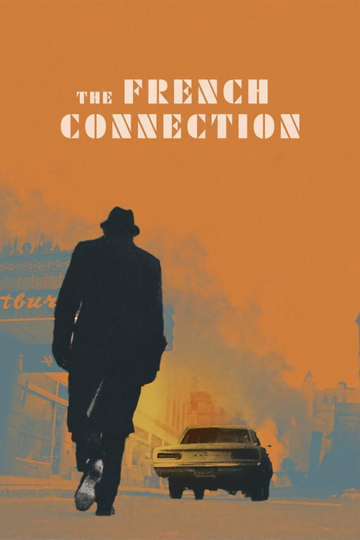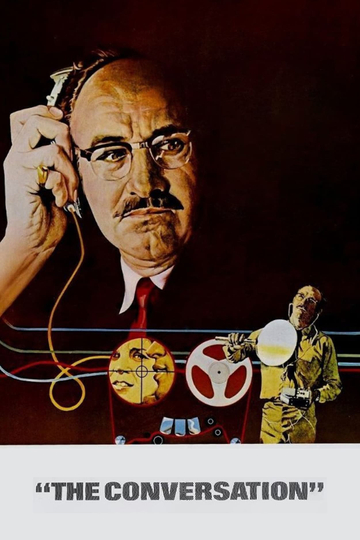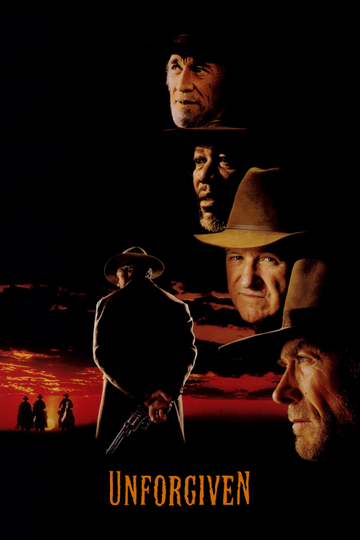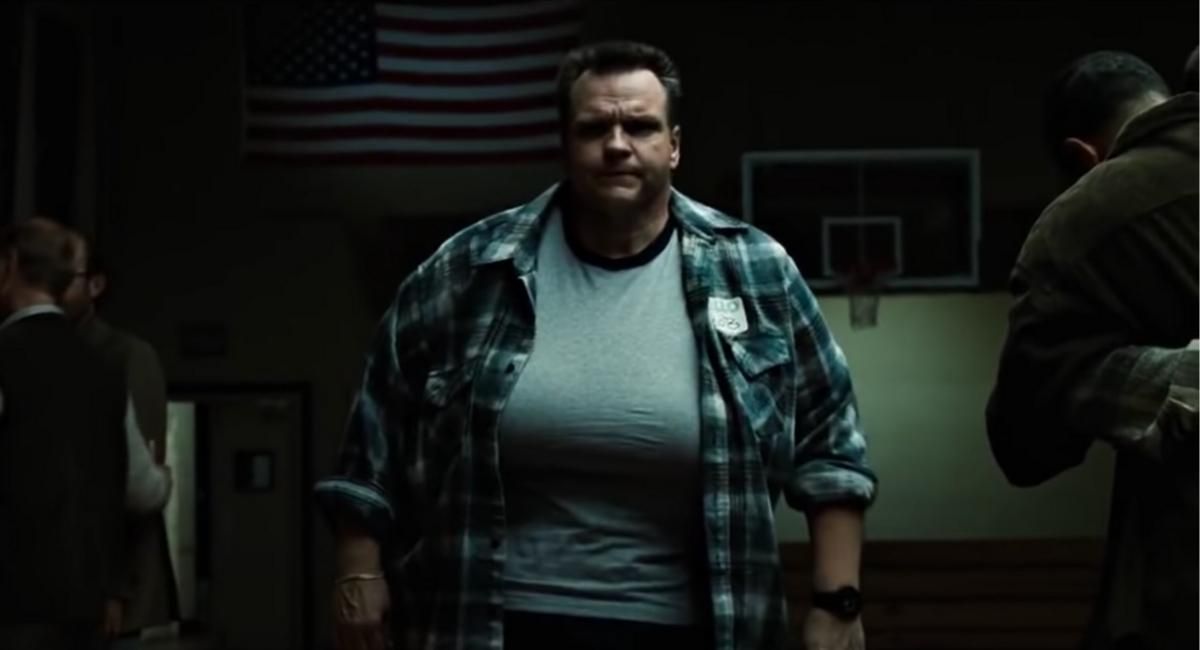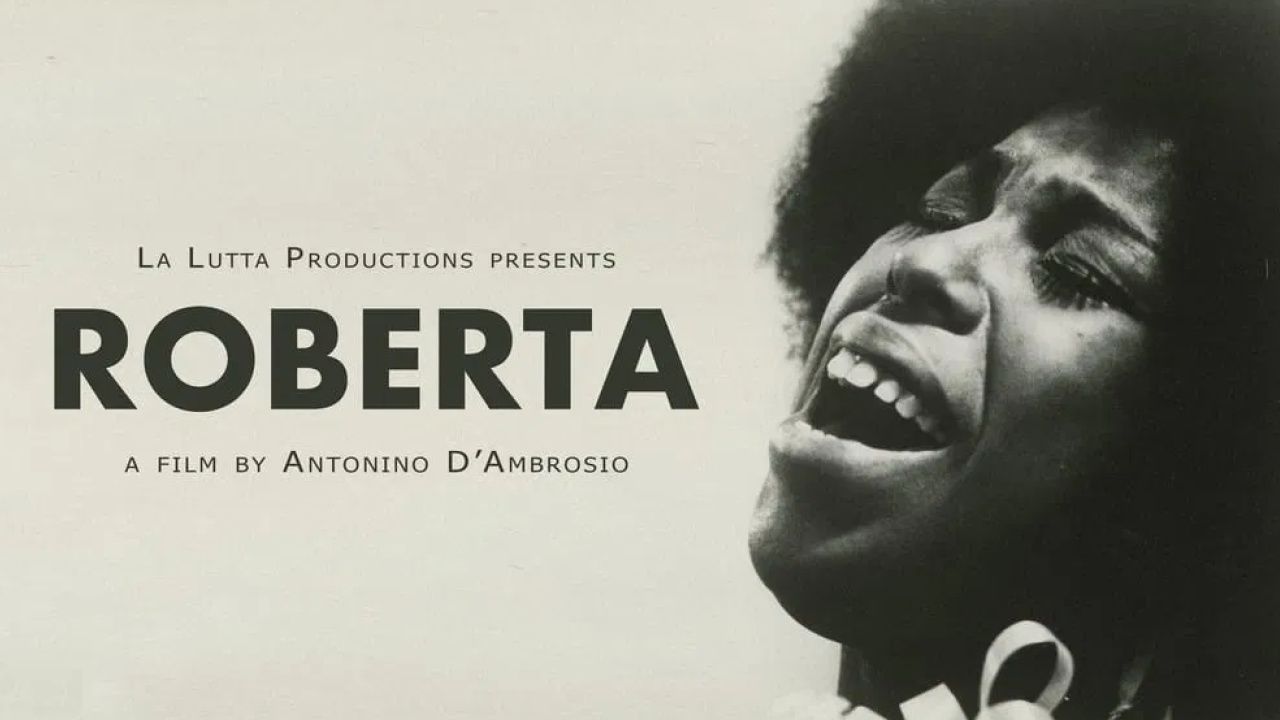Film Critic Richard Corliss, 71, Dies After Major Stroke
Richard Corliss -- Time magazine's witty, passionate, and highly influential critic for the past 35 years -- died Thursday, April 23 in New York City, after suffering a major stroke last week. He was 71. Time editor Nancy Gibbs shared a letter to staff on Friday morning, and it was further posted on the magazine's site:
It is with great sorrow that I tell you that Richard Corliss died last night, following a stroke.
It's painful to try to find words, since Richard was such a master of them. They were his tools, his toys, to the point that it felt sometimes as though he had to write, like the rest of us breathe and eat and sleep. It's not clear that Richard ever slept, for the sheer expanse of his knowledge and writing defies the normal contours of professional life.
Everyone who had the pleasure of working with him has stories of his kindness, his quirks, his humor, his obsessions, the bright, fresh breezes of his head and heart. And the many millions more who had the pleasure of reading him found the most engaging and trustworthy guide not just to what movies were worth seeing, but to the sprawling variety of his interests and passions. Our tributes and a sampling of his writing from his 35 years at TIME allow us to savor the immense range and excellence of his work as one of the world's most important voices on film, and so many other subjects.
We will miss him terribly, and our prayers are with his beloved wife Mary."
Corliss grew up in Philadelphia and saw his first film, "Cheaper by the Dozen" at age 5. According to Time, he had his cinematic epiphany at 16 when he saw Ingmar Bergman's "The Seventh Seal." He started writing reviews for National Review, SoHo Weekly News and New Times, and in 1970 he became editor of Film Comment. He wrote his first Hollywood-focused books in 1974 and joined Time in 1980. He proved he was more than just a film reviewer, also writing theater and TV reviews.
Read more of Corliss' story at Time. Eventually, the screen will fade to black for all of us, and there are worse ways to go out than with such an impressive legacy in your wake. He will be missed.

